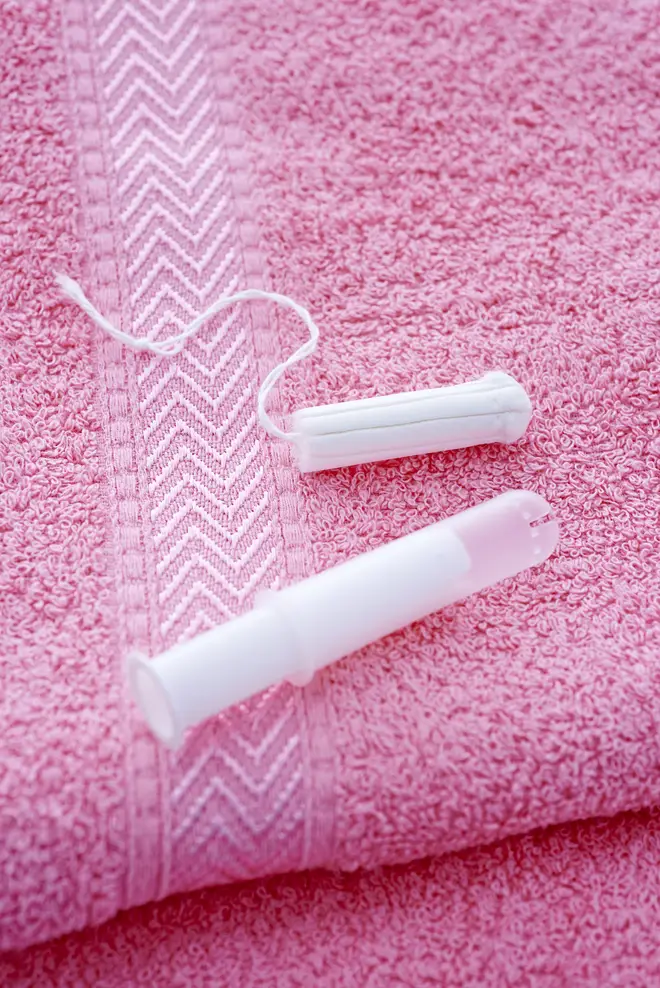The tampon tax has officially been abolished in the UK
11 March 2020, 14:53

The tampon tax, first introduced by the government in 1973, is the VAT added to feminine hygiene products, and commonly disputed by women who think it's unfair to pay extra for periods that they don't have a choice in.
The VAT on sanitary products, also known as the tampon tax, has officially been scrapped after it was first launched in 1973.
During today's (March 11) budget announcement, in which the UK government set out it's spending and tax plans for the year, the chancellor announced the tax would finally be coming to an end - and make each pack of tampons or sanitary pads 5% cheaper for women.
READ MORE: Scotland is set to become the first country to provide free period products
The tampon tax has been widely protested for many years now. When the tax was first introduced in 1973, it was a higher rate of 10%, but most women agree that we shouldn't be paying extra for something we absolutely don't choose to have - periods. One report suggested that the average woman will spend £128 a year on hygiene products.
In summer 1974, it was cut to 8%, before rising to 15% in 1979 and 17.5% in 1991, in line with the rest of the VAT we pay on other products.
When the UK was part of the EU, 5% was the lowest that it could be made under their rules, and has been that way since 2001, but now post-Brexit, the government have decided to take charge and get rid of it all together.
From 2015, while the tax was still in place, the government agreed that the VAT on these products would at least be donated to women's charities, so at least the money was being put to some good use, and supermarkets such as Tesco have already reduced the price of their sanitary products to sneakily shoulder the 5%.
This cut will save the average woman around £70 in her lifetime, and will come into force from 1st January 2021.


